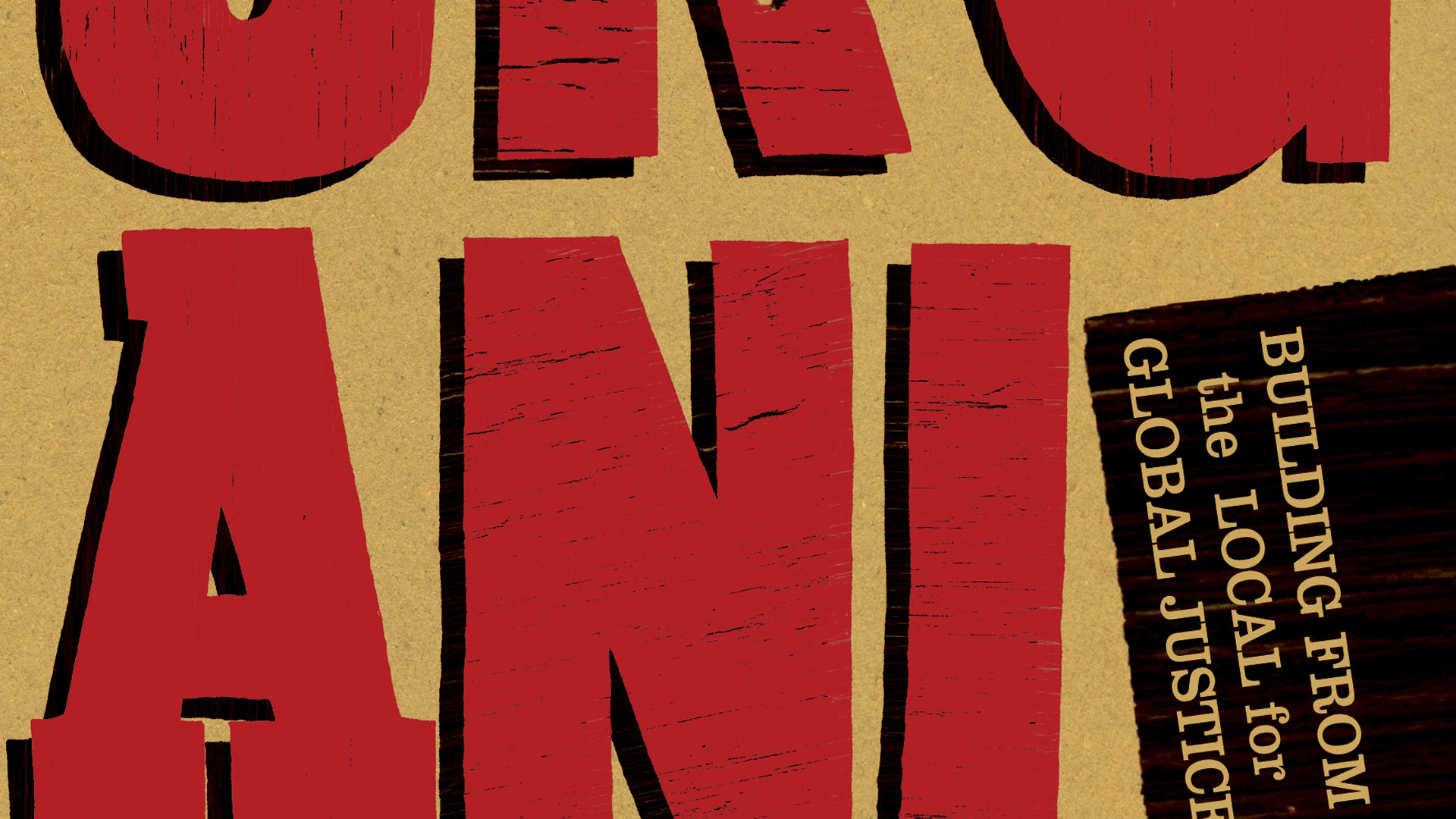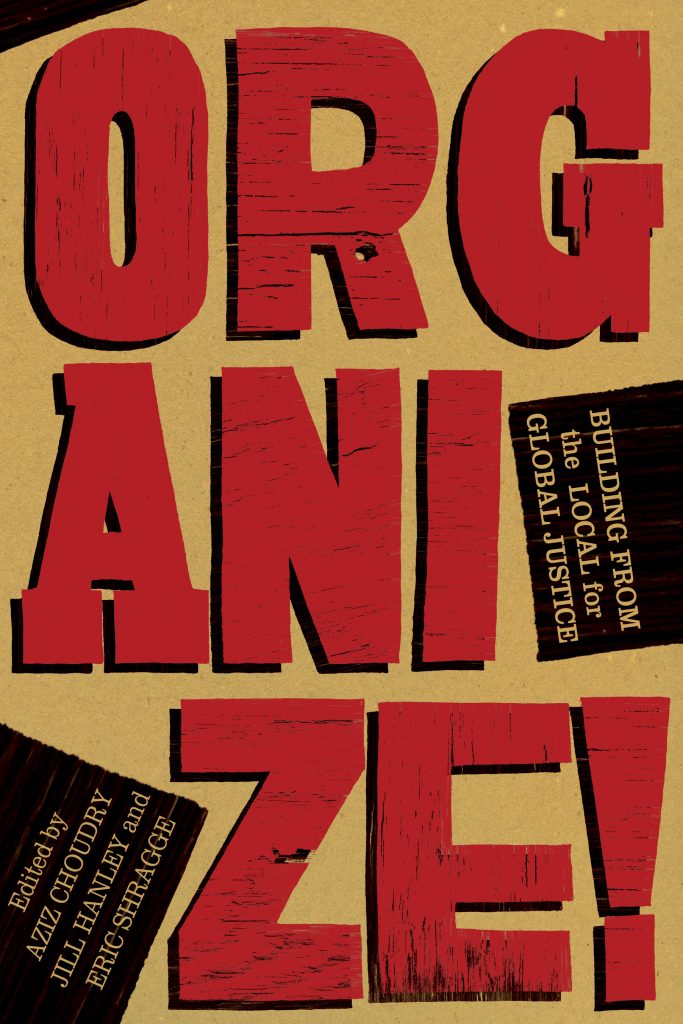By Edward Morris
Foreword Reviews
August 30, 2012
Living in a Politicized World
Love ‘em, hate ‘em, or try to ignore ‘em, politics are a fact of life—and not just in election cycles. In fact, elections may be one of the least significant events in our political lives since they rarely bring about radical change. Besides, there are always people who are too young, too marginalized, or too cynical to vote on the issues that affect them. But they can always take their grievances to the streets, an arena in which the fate of many a nation has been determined.
The world is a tinderbox. America is in economic recession, and China is struggling to reconcile rampant capitalism with rigid state planning and control. Tunisia, Egypt, Libya, and Bahrain—the Arab Spring countries—teeter on the slippery debris of unfinished revolutions. Greece, Spain, Ireland, Portugal, and Italy are mired in debt and squeezing their understandably resistant citizens to balance the books. Syria is careening toward civil war or worse. Afghanistan and Pakistan are open wounds. Obviously, politics—the process of living and functioning together—matter greatly.
Six new books have a lot to say about what’s gone wrong and right with governments and social movements and how politics wisely practiced may yet make things better.
…
Nearly two dozen case studies in political organizing, most of them from Canada, are presented in Organize! Building From the Local for Global Justice,
edited by Aziz Choudry, Jill Hanley, and Eric Shragge (PM Press,
978-1-60486-433-5, $24.95). The techniques cited range from simply
paying more attention to the voices of the victims of injustice to using
art and music to unite people behind a common cause. The two primary
themes that emerge from these examples are that movements can be—and
often are—co-opted by the very forces they were established to oppose,
and that local movements alone are insufficient to hold back the
depredations of such global forces as colonialism and capitalism. The
implicit conclusion here is that global enemies require a global network
of resistance.
Back to Aziz Choudry’s Author Page | Back to Jill Hanley’s Author Page | Back to Eric Shragge’s Author Page







